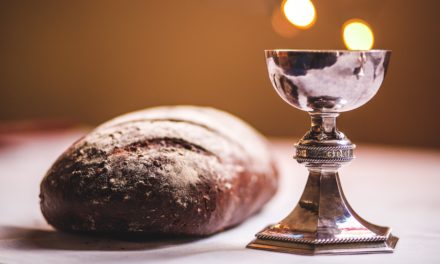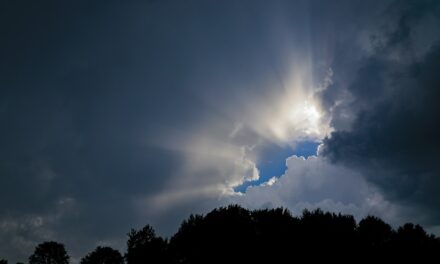Genesis 6:9–7:24: Judgment and Salvation
Introduction
Is God a God of judgment and wrath, or is he a God of salvation and grace? Whether consciously or unconsciously, we often try to define God exclusively in one of these two categories. If we believe that God is purely a wrathful God, then we will image that God is constantly hiding behind the next corner, spying on us to figure out new reasons to punish us. We will relate to God in fear and resentment that will choke out any love for him. But, if we believe that God is purely a gracious, saving God, then we will imagine that he is somehow obligated to save us. We will relate to God with irreverence and entitlement that will prevent a healthy fear of God.
Instead, the Scriptures testify to a God who would reject the premises of that question. God is not defined by anything other than himself. He is not defined by wrath or by grace. Rather, he defines himself; he is who he is (Ex. 3:14). Furthermore, God insists that his judgment and his salvation necessarily hang together. If God’s people do not need to be saved from anything, then it is misleading to call God’s grace towards his people “salvation.” Because God’s people desperately need deliverance from the wrath to come, then we look to God to save us from his own judgment. God both judges and saves. In response, we look to him in faith to save us by repenting from the sin that he swears to judge.
This paradoxical nature of God is at the heart of the story of the Flood in Genesis 6:9–7:24. Here, we see God judging the world in its total corruption (Gen. 6:5, 11–12) through a Flood that destroys everything on the earth. But in this, we also see God working to save a remnant of his creation to repopulate the world after the its destruction. This remnant includes Noah and his family, and also every kind of bird, animal, and creeping thing. The salvation of God’s remnant comes through the judgment of the Flood, not apart from it. In this story, we see God for who he truly is. God is neither exclusively a God of wrath, nor exclusively a God of grace, but a righteous God who judges the wicked and delights to save his people.
Discussion Questions
1. Do you see God primarily as a God of judgment and wrath, or primarily as a God of grace and salvation? How does that affect how you worship him? How does that affect the way you love him? How does that affect the way you think about your justification and assurance? How does that affect the way you pursue growing in grace by sanctification?
2. Why does God choose to take Noah into his confidence by revealing his plans to destroy the world by a flood? Why does God choose to take us into his confidence by revealing his coming judgment in his word? Does your life reflect the urgency of the coming judgment, in the way that Noah does all that God commands him to do?
3. Why does God insist that Noah take sacrificial animals with him on the ark? If God destroys all of creation with a flood, for whose benefit are the sacrifices? Why does God design the ark as a new tabernacle? What does this whole picture tell us about the way that God’s church pass through the floods of judgment by faith?
4. How do judgment and salvation hang together? Does either glorify God more than the other? Can one stand apart from the other? Can we fully untangle the glorious purposes of God for judgment and for salvation? Reflect on Romans 11:33–36, especially v. 36: “For from him and through him and to him are all things. To him be glory forever. Amen.”




